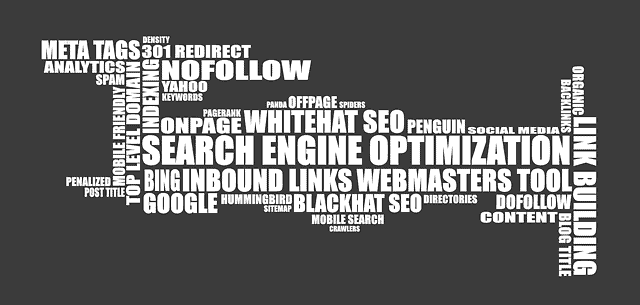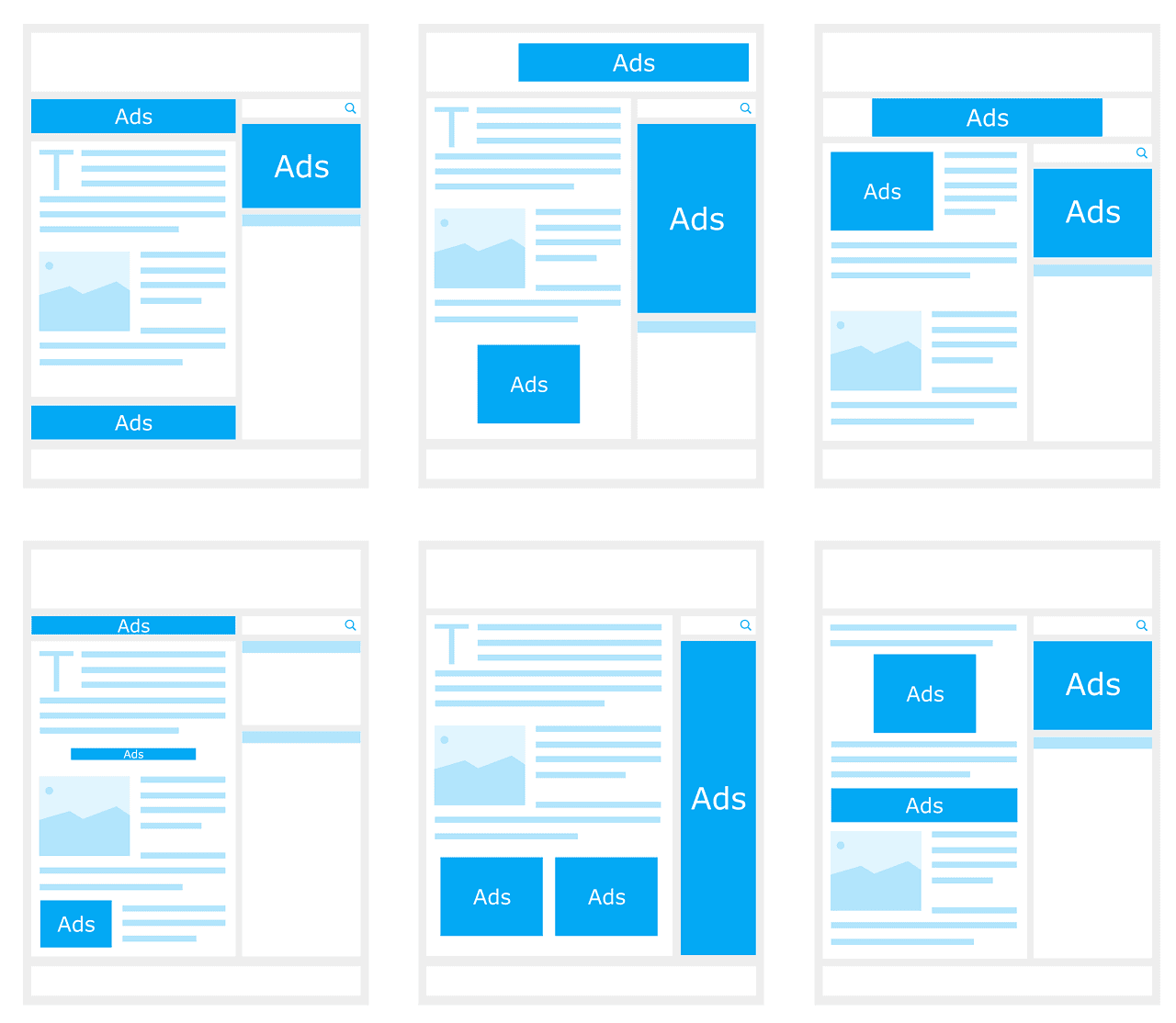When it comes to choosing between ecommerce SEO and PPC services, the question most clients ask is, “Which one will be better for my ecommerce store?” While you can delve into dozens of articles that choose one or the other, there’s not one consistent answer as to which one is best. That’s why, here at TheeCommerce, we recommend a different solution – Blending both SEO and PPC into a dynamic strategy that offers more benefits, such as more qualified traffic, than either option will give you on their own.
Understanding SEO for Ecommerce
When Google, or other search engines, scan websites, they look at over 200 criteria for how they rank websites. Relevancy to user’s keyword search, site speed, and mobile optimization are just three of the many ranking factors used in search engine algorithms. SEO, or search engine optimization, is how you improve the features of your website to align with those algorithms, effectively increasing your site rank in search engine results when someone does a search based on keywords associated with your business.
For example, let’s say you have a commercial tire website, and you want to boost your Google ranking for the term, “OTR tires.” You would want to start by writing rich product descriptions containing this keyword, add page titles and descriptions that leverage the keyword, and make some site updates, like decreasing image size, to ensure the page loads faster.
Benefits of SEO for Ecommerce Businesses
Google receives over 5.5 billion searches per day, and 75 percent of people don’t go past the first page of search engine rankings. This means that if you’re not among the top rankings, you’re missing traffic, and it’s traffic from people directly looking for what you’re selling. By optimizing your website for search engines and raising your rankings, you’re almost guaranteeing a massive jump in your online visibility and getting more traffic from a qualified audience.
One concern with SEO is that it can often take four to six weeks to see results from your updates. SEO for ecommerce businesses is a long game, but once it’s optimized and you’re continually adding quality content to your website, you will keep a flow of traffic that leads to more sales.
Understanding Ecommerce PPC Advertising
PPC or pay-per-click advertising, refers to a form of advertising where ads are created and displayed to searchers throughout various platforms. You’ve seen them on search engines, along the top, sides, or bottom of a page or search engine rankings, and you’ve also seen them across social media on the side or within your Facebook, Instagram, or Twitter feeds.
Using PPC advertising means that you’re only paying for your ad to be displayed if a user clicks on it to go to your website or landing page. So, how do you determine who sees the ad?
For ads that go on search engines, you select keywords and a monetary bid to correspond to your keyword. When someone types the keyword into the search engine, algorithms determine which client has the highest bid for the keyword, and gives them the “top spot” in ad placement.
For social media ads, you can target your audience based on demographics such as age, gender, location, and even psychographics like hobbies, habits, and interests. Your ad will only show up in the feed of people who meet the criteria you set.
Benefits of PPC for Ecommerce Businesses
By using keywords and customer data, you’re able to create ppc campaigns that are highly targeted to ensure the clicks you get on each ad are more likely to convert into sales, giving each bid a high return on investment. Additionally, PPC offers an instant payoff. As soon as your campaign goes live, it has the potential to be right in front of your target audience and drawing traffic to your online store.
So What Are the Benefits of Combining SEO and PPC Strategies?
Both ecommerce marketing strategies are excellent options, but when you optimize your website in addition to running paid search ads at the same time, you’ll see a profitable boost from your efforts, including:
Higher Visibility
A study from 2019 shows 31.7 percent of people using a search engine click on the first organic (non-ad) listing they see. Another study by Moz elaborates on this, showing that 14 percent click on the second, and nearly 10 percent choose the third site. The numbers continue to decrease as you move down the page. Whether you have a first page search engine result or not, having an ad with the right bid strategy can boost your visibility to get the click and traffic away from your competitors and onto your site.
More Traffic
When you have your SEO and PPC strategies working together, providing you with more real estate, you will start to see more traffic coming to your ecommerce store. This increased traffic will only lead to more conversions, especially if you’re targeting relevant keywords that align with what you’re selling.
Higher Quality Scores for Ads
Google and Microsoft Advertising scan your ads and the landing page they’re linked to in order to make sure the ad is relevant to the content on the page. (Yes, the algorithms can read and process text!) If the algorithm detects a keyword in specific areas on your site, like in your title, page description, or your page headings, Google or Microsoft Advertising will reward your landing page with a high quality score.
A high quality score will give you a higher ranking within the sponsored listings and help lower your cost per click. The places Google Ads and Microsoft Advertising are looking to see a keyword are some of the same places the algorithm is searching on the organic side. Naturally, optimizing your PPC landing pages for organic search will help improve your quality scores.
Keyword Research
By using keywords in your landing page and in your PPC ad, you’ll increase your organic page ranking, too. You can also use the information and data you get from your PPC campaign to determine what kind of variations of keywords your customers are searching for, including locations and modifiers. Use this data to improve the rest of the information on your website and use it to create blog ideas that will improve your SEO.
More Returning Visitors
If you have an optimized website that gets increased traffic but you’re not seeing conversions, PPC advertising can drive those visitors back to your site through retargeting campaigns. This method tracks a person who comes to your website, and through Google Ads, an ad will show up on the page where they are browsing. A good retargeting campaign with a strong message means you’re going to see engaged traffic back to your website from people who are more likely to make a purchase! See how other businesses are leveraging their digital marketing in this UpCity blog!
Get Your SEO and PPC to Work Together for Your Ecommerce Store
If you would like to improve the sales on your ecommerce store, the SEO and pay-per-click advertising experts at TheeCommerce can help! Our Agency has over 15 years of experience providing powerful SEO and conversion-driven PPC strategies to website built on WooCommerce, Shopify, and other ecommerce platforms. Give us a call today to schedule a free e-commerce SEO or PPC audit at 919-336-1790 or fill out our contact form!






